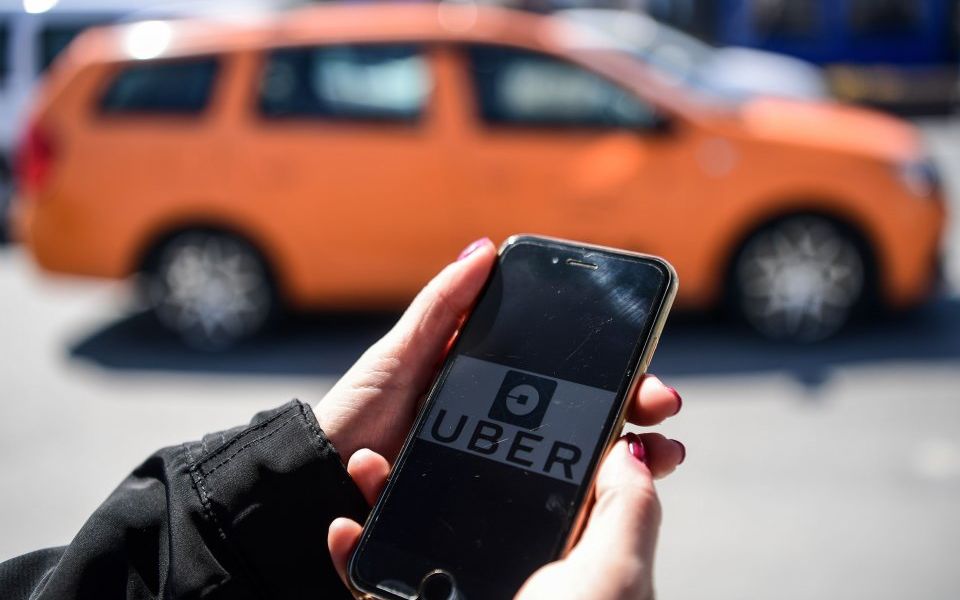Competition watchdog says proposed minicab cap would lead to fare hikes for Londoners

The competition watchdog has criticised proposals to grant councils the power to cap the number of minicabs in the capital following a plea last month by London mayor Sadiq Khan.
The Competition and Markets Authority (CMA) was responding to a government-commissioned review into taxi and PHV licensing after stakeholders suggested that current legislation was no longer fit for purpose.
Among the recommendations made in the report, carried out for the Department for Transport (DfT), is that councils be granted the power to cap the number of vehicles and that there is an end to cross-border hiring, whereby a driver can obtain a licence in area and trade in another area, where regulations may be more lax.
Last month the London mayor demanded new powers to bring in a controversial cap on the number of PHVs operating in the capital, following a similar clampdown in New York. Khan said a cap was needed to curtail the “unsustainable, huge increase” in PHV numbers.
The CMA's head of enforcement Michael Grenfell said: "I am concerned that a numerical cap on the number of providers of taxi/PHV services risks having the effect of artificially and unnecessarily constraining competition, to the detriment of passengers – depriving them of the best prospect of high service standards, value for money and innovation in service provision."
Read more: Sadiq Khan tells government: Give me the power to limit number of cars
He said any proposal to cap cab numbers in the capital should be subject to "a clear, well-evidenced and considered public interest test" before being applied but that he was "not convinced that the case for any kind of cap or numbers has been adequately made out".
"Even if there were to be such a cap, the factors taken into account in a public interest test should at least include the effects on competition, including on service standards and affordability of fares, bearing in mind that the absence of affordable fares can induce people to travel by less safe modes of transport."
During the summer Transport for London (TfL), which is chaired by Khan, and Uber were engaged in a public battle over the renewal of its licence in London after it was revoked by TfL on the grounds the taxi-hailing app was not "fit and proper person" to hold a licence.
After a series of changes by Uber it was granted a temporary 15-month licence to continue operating in London.
In a nod to the licence battle, deputy mayor for transport Heidi Alexander welcomed the report's recommendation for a cap, saying the current laws "weren't strong enough".
"I’m delighted that a group of experts made up of trade union representatives, regulators, politicians and safety campaigners are recommending we get the powers to go further – including putting an end to cross-border hiring, recognising injustices around low pay and exploitation, and giving us the power to cap the number of private hire vehicles," she said.
"The government needs to set out urgently how they are going to respond to these proposals as they could make a real difference – improving safety for passengers, pushing up standards, and making our city a better place for everyone.”
Steve Wright, chairman of the Licensed Private Hire Car Association, called the proposed cap "anti-competitive, protectionist, un-environmentally friendly and safety compromising".
"This proposal, if adopted, could bring about shortage of supply and make it very difficult for hire and replacement vehicle companies to operate. This in turn could leave consumers at risk of being stranded because of volatile and unpredictable demand factors, such as the weather and seasonal demands. This proposal also lacks any tangible safety benefits and in our view, it would compromise rather than enhance safety."
Read more: Sadiq Khan and TfL award London businesses £230,000 to reduce congestion